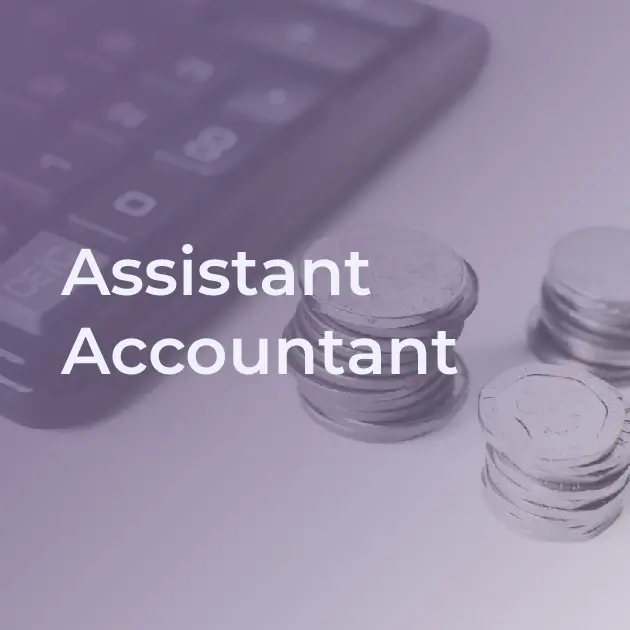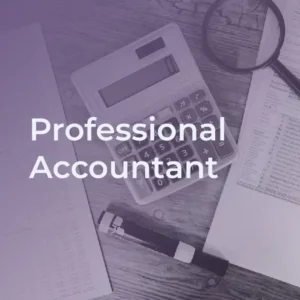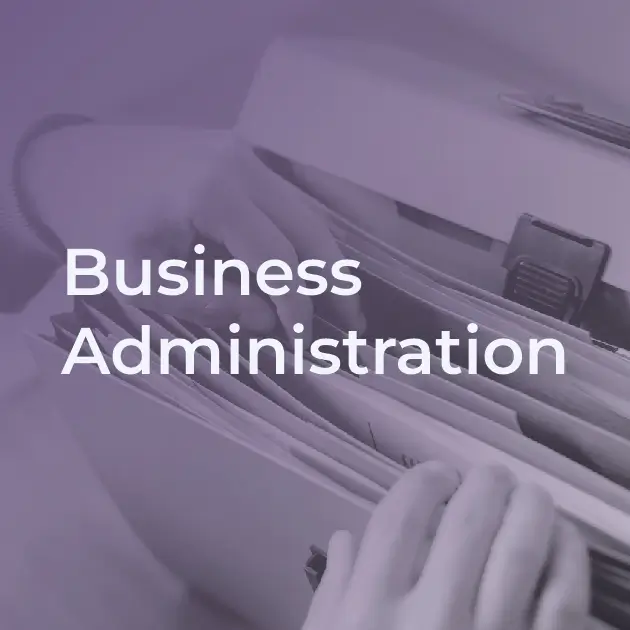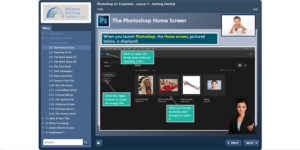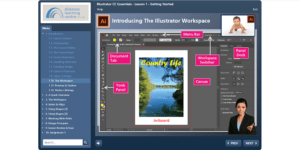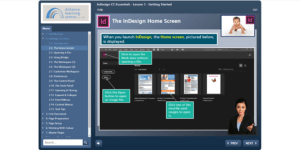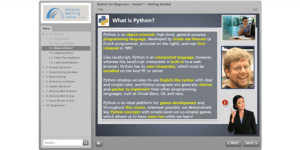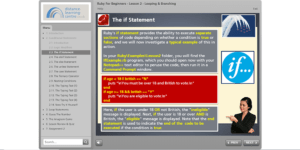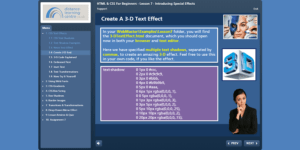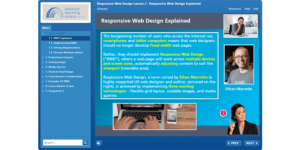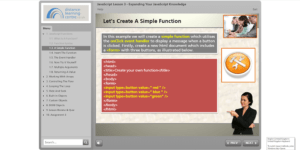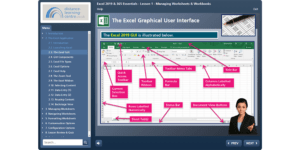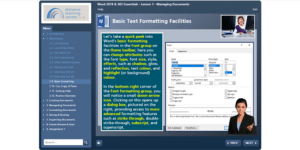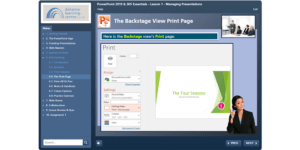Assistant Accountant
Assistant Accountants play a crucial role in the dynamic world of finance and accounting. With their prompt and precise accounting services, they support both internal and external customers in handling financial operations.
Step into a versatile occupation that offers endless opportunities. As an Assistant Accountant, you’ll support both internal and external customers in handling financial and accounting activities. Whether you work in a practice or within a company’s finance function, your contributions will be invaluable to the day-to-day financial operations. From managing data entries to preparing month-end management accounts, year-end financial statements, and ensuring compliance with regulatory requirements like VAT returns and tax computations – Assistant Accountants ensure that every financial aspect is meticulously carried out.

You’ll constantly engage with stakeholders, including managers, team members, workers, and clients, delivering prompt and precise accounting services. Additionally, you’ll collaborate with software departments to ensure seamless integration of accounting systems. With the freedom to manage your workload and time, you’ll work under the guidance of a senior accountant.
Join the ranks of highly skilled and sought-after professionals in the vibrant world of finance and accounting. If you’re ready to take the next step or have any questions, don’t hesitate to reach out to us. We’re here to help you kickstart an exciting career in accounting!
What will I learn?
Skills
- Assist with the investigation and response to financial information queries.
- Record and analyse financial data using the organisation’s standard tools and processes.
- Apply double entry bookkeeping and accounting standards to process financial documents, generate financial statements and report financial information to users of accounts.
- Assist with production of accurate financial information for the preparation of accounts.
- Reconcile financial data, such as, preparation of reconciliations or review of reconciliations.
- Investigate, resolve or escalate transactional queries and errors within their remit as appropriate.
- Develop and maintain effective working relationships with stakeholders.
- Communicate financial information in a way that non-finance stakeholders can interpret and understand.
- Utilise digital skills to present key financial information using finance and accounting software and applications.
- Use software packages to assist with basic accounting tasks in line with cyber and data security requirements, using data securely and safely, including backing up data.
- Communicate using varying approaches and different media methods with an appreciation of the risks and benefits to the business of social media and other digital applications.
Knowledge
- Principles of financial accounting, adjustment and reporting including calculation and input of accruals and prepayments, maintenance of the fixed asset register, accounting for asset purchase and disposal, depreciation, and financing.
- Principles of management accounting for example, the principles of provision of costings, awareness of monthly and rolling forecasting and including the principles of financial planning, the calculation of income and expenditure budgets, budget holder sign off, and the investigation and reporting of variances to budgets.
- Principles of creating and maintaining financial records including accounts payable, accounts receivable, cash management and principles of payroll.
- Fundamentals of potential vulnerabilities within systems of financial control such as internal fraud and money laundering.
- Fundamentals of indirect taxation including approaches to completing indirect tax returns and supporting documentation and records.
- Fundamentals of digital financial and accounting packages and applications including the maintenance of key databases, spreadsheets, data analytics and the appropriate use of data to provide information.
- Principles of cyber-security and working safely online within a finance and accounting context.
- Principles of data security and legislative requirements regarding data handling in a financial and accounting context.
- Approaches to diversity, inclusion and cultural awareness and their impact on finance and accountancy.
- The role of accountancy or finance within the organisational business strategy.
- The wider financial and accounting professional landscape including the requirement to stay abreast of changes in technology and practice and awareness of the role of regulators and professional bodies.
- The principles of professional ethics and codes of conduct in a finance and accounting environment.
Behaviours
- Collaborative and inclusive – builds strong collaborative working relationships recognising the importance of diversity and inclusion.
- Ethical and Professional – applies a transparent, objective and sustainable manner to meet the ethical requirements of the profession.
- Organised with an attention to detail – organises work efficiently and effectively to meet required targets, escalating queries or problems as appropriate. Demonstrates a professional approach to working to deadlines.
- Embracing change – accepts changing priorities and working requirements readily and has the flexibility to maintain high standards in a changing environment.
- Engaging with wider stakeholders and keeping up to date with changes in the finance industry which impact their organisation or role.
- Wellbeing and resilience – demonstrates a commitment to personal wellbeing and an awareness of support and resources available. Contributing to cultivating an open, honest, and empathetic work environment.
- Professional judgement – applying a critical eye to transactions and trends for reasonableness, demonstrating a ‘right first time approach’.
- Carry out the duties of their role by reference to sustainability good practice whether specific to their occupation or externally recognised. For example, by prioritising practices in their work that contribute to minimising or reversing climate change by reducing the use of non-renewable resources.
Qualifications
You will also be required to achieve the following mandatory qualifications:
- Level 3 AAT Advanced Diploma in Accounting
- Level 3 Diploma in Accounting
Key Info
Duration
This apprenticeship will typically take 18 months to complete.
Level
This apprenticeship standard is at Level 3.
Qualifications
Where an apprentice has not already achieved Level 2 English and Maths, they must do so before taking the end-point assessment.
Professional Recognition
This apprenticeship aligns with AAT for Qualified Bookkeeper.
Training Provider
Receive top-notch training from one of our handpicked providers in our trusted network.
Allow us to handle the seamless connection between you and a training provider who will expertly guide you and your employer through your personalised training journey. With their support, you will elevate your skills and excel in your role.
Enquire now to start your learning journey
[fluentform id=”30″]
